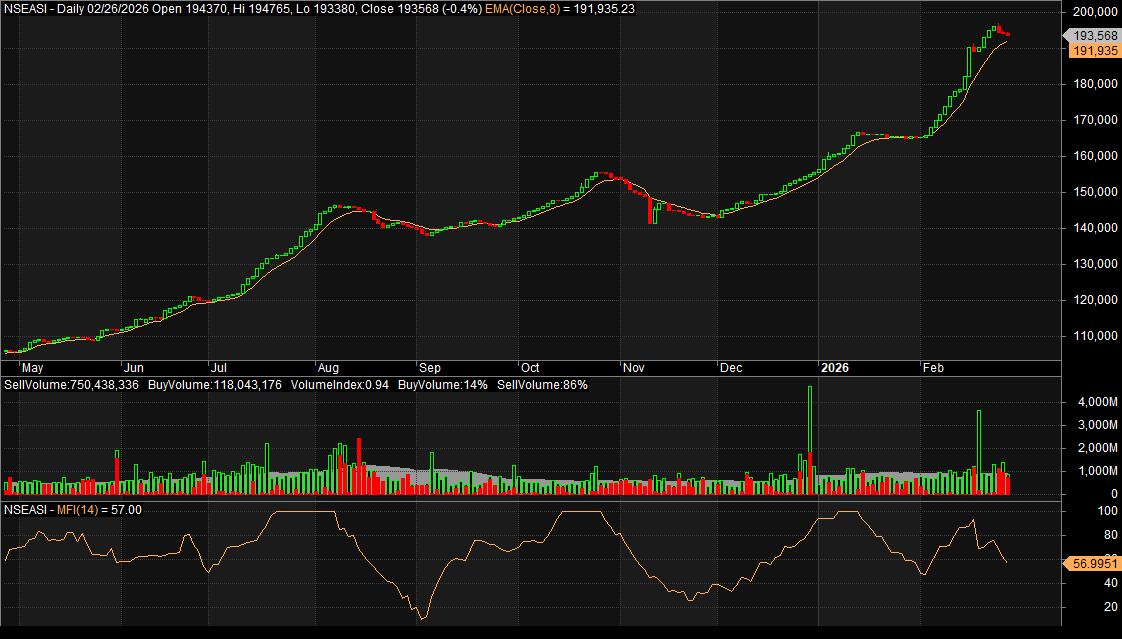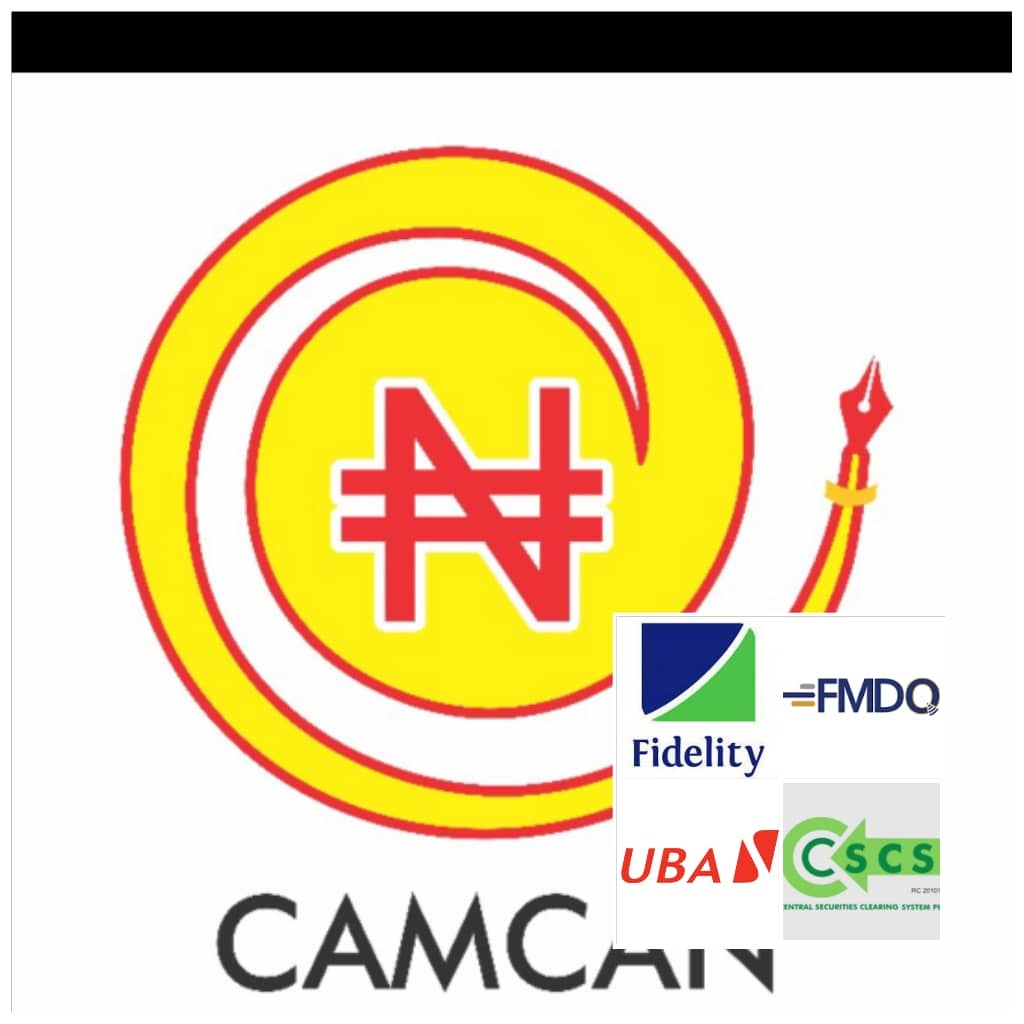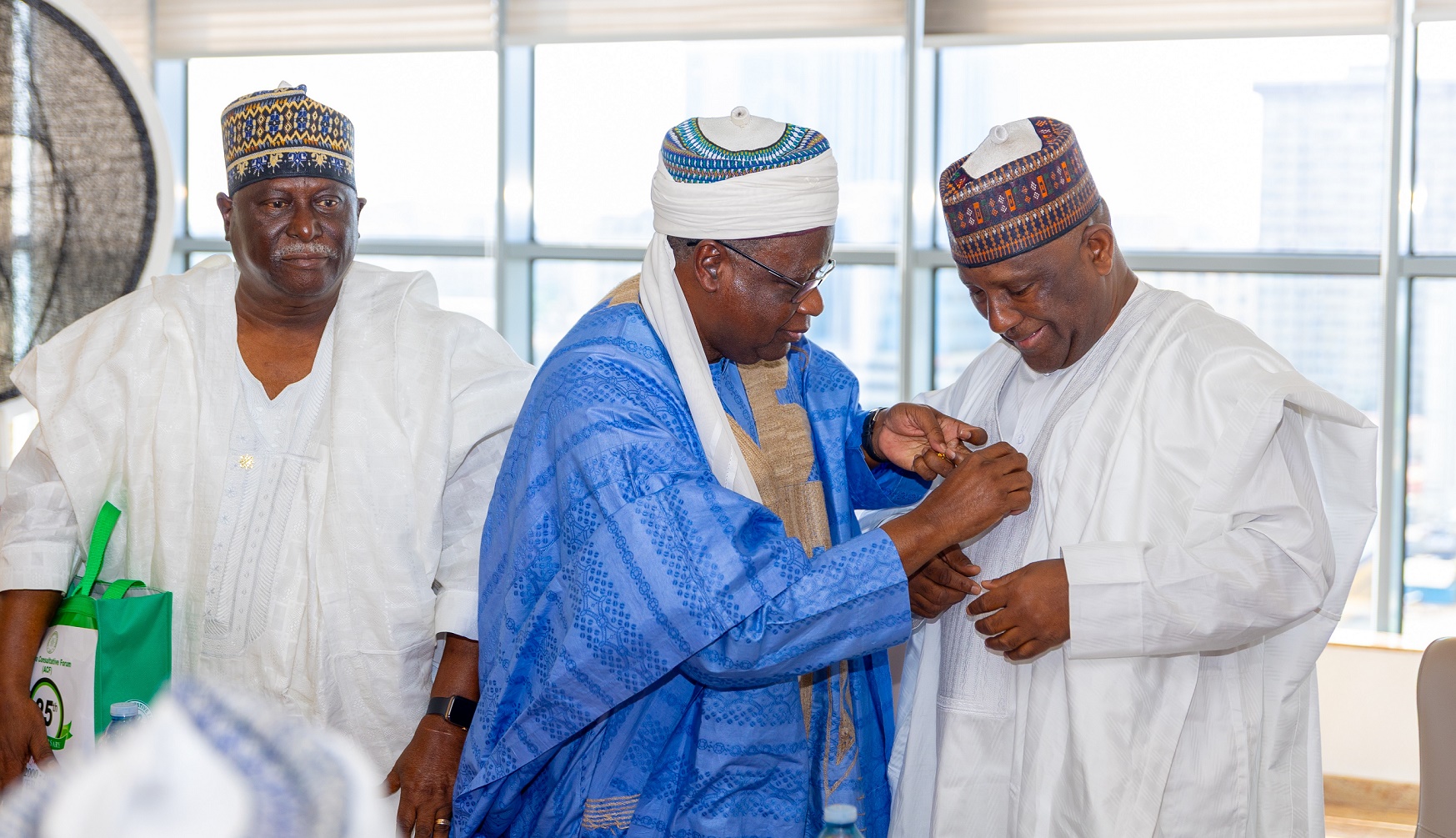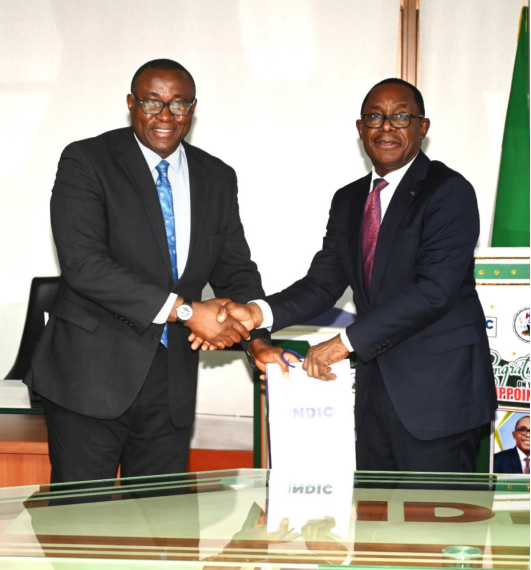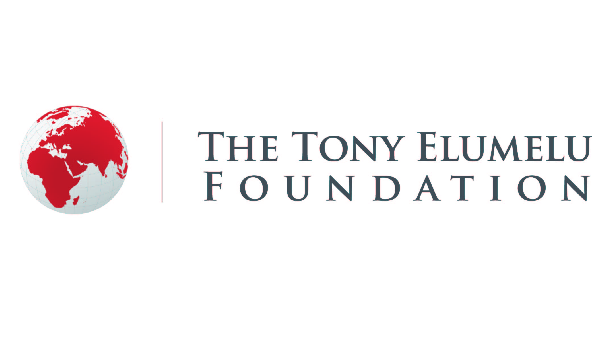
The Tony Elumelu Foundation says it is partnering with the European Union to identify, train, mentor, and fund 2,500 young African women entrepreneurs next year.
The collaboration is expected to disburse €20m in financial and technical support for women-owned businesses, across all 54 African countries, besides providing better access to market linkages, supply chains and venture capital investments.
The partners expressed pride at the opportunity to unlock the dynamic potential of African women entrepreneurs, directly catalysing African’s economic growth and contributing to Africa’s prosperity and social development.
The joint initiative, the foundation said in a statement, will build on the platform and experience of its US$100m TEF Entrepreneurship Programme, significantly strengthen and deepen the EU-Africa partnership, while forming part of the EU External Investment Plan to support women economic empowerment within the EU Gender Action Plan (GAP III).
The statement quoted Tony Elumelu, founder of TEF as expressing delight at the partnership “with the European Union, sharing our unique ability to identify, train, mentor and fund young entrepreneurs across Africa.
“This joint effort will prioritise and provide economic opportunities for African women, whom for too long have endured systemic obstacles to starting, growing and sustaining their businesses.”
The partnership, he believes, “will alleviate the funding, knowledge and market constraints threatening the livelihoods of women entrepreneurs on the continent, to create more income, jobs, growth and scale for women-owned businesses.”
On his part, the EU Commissioner for International Partnerships, Jutta Urpilainen, expects the partnership to “help women participants in economic development, realise their full potential and accelerate economic inclusion. Empowering women entrepreneurs is a key driver for sustainable jobs and growth, especially in the context of the COVID-19 pandemic and in line with the objectives of our African Strategy. Women and girls represent half of the world’s population and they deserve equal opportunities.”
The Tony Elumelu Foundation which marks 10 years of impact this year, during which it has empowered a new generation of African entrepreneurs, catalysing economic growth, driving poverty eradication and ensuring job creation across all of the continent’s 54 African countries.
The foundation listed its female success stories as including Joyce Awojoodu, from Nigeria, who launched a luxury botanically based product line and spa clinic- ORÍKÌ, which caters to both men and women in Lagos, in 2015. The brand strictly uses raw materials and natural ingredients from Africa.
Awojoodu’s favourite element of the TEF Entrepreneurship Programme was the mentorship, which she described as “phenomenal”’ and “invaluable” for ORÍKÌ, recalling that “each TEF Entrepreneur was assigned a mentor and I could not have asked for a better one. TEF connected us. Now the mentorship continues, and I know I will always have an ear to share my thoughts about the business with a person who can also offer advice”.
Mavis Mduchwa, an agribusiness entrepreneur from Botswana, founded Chabana Farms, a poultry farm providing training and work for unemployed young people. Even though agriculture accounts for 32% of Africa’s gross domestic product, landownership and access to land remains a significant challenge for many farmers, especially women.
According to him, “in Botswana, about 80% of people survive on agriculture, and many of them are women. But, if as a women you want to turn it into a business, you have a challenge of finding land.” Mduchwa used the seed capital and training from TEF to significantly expand her operations.
The programme is expected to further scale the Foundation’s efforts in directly addressing some of the most endemic challenges to African start-ups – skills and capacity gaps, financial constraints and lack of access to mentoring, networks and market linkages.
Also co-funded by the Organisation of African, Caribbean, and Pacific State (OACPS), and the German Federal Ministry for Economic Cooperation and Development (BMZ), the programme will further scale the Foundation’s efforts in directly addressing some of the most endemic challenges to African start-ups – skills and capacity gaps, financial constraints and lack of access to mentoring, networks and market linkages, the statement added.





